Fight to Repair is a reader-supported publication. Sign up to receive updates in your inbox. (It’s free!) Or become a premium subscriber for access to exclusive content and live events!
EV manufacturers Tesla and Rivian have thrown in with an automotive right to repair astroturf campaign backed by repair opponents.

The two companies, who are among the least supportive of automotive right to repair, said they support an agreement struck between an automotive industry group and compliant repair groups. This Memorandum of Understanding (MOU) purported to be a solution to automotive Right to Repair concerns—except it was actually meant to stifle serious repair problems while requiring no significant change in manfuacturer policy.
We wrote with serious skepticism earlier this summer about how the MOU was suspect because it omitted groups representing a large majority of aftermarket parts. Service groups, including the Auto Care Association, the main group backing right-to-repair laws, actually opposed the agreement, citing the lack of enforcement mechanisms and exclusion of key players. Worse, it had the makings of a well-timed strategy to create confusion ahead of Congressional hearings covering the right to repair.
As right to repair legislation continues to march forward in statehouses across the country (all eyes are currently on California) we are likely going to see more MOUs as justification that legislation is unwarranted and that the “free market” will solve these problems on their own. However, MOUs are not the answer to our problems.
MOUs and Legislation are Not the Same
Take John Deere, which signed an agreement with the American Farm Bureau on repair in January. As part of their agreement, companies promised to offer access to diagnostic and repair information, set up education and training for third-party repairers, and support repair amidst future tech advancements. But, as PIRG noted, a month after that MOU took affect, basic information needed to identify problems with Deere equipment that is readily provided to John Deere dealers was still either withheld or difficult to find for independent fixers.
If you’re unsure of what this will actually look like, you have spotted the major problem with these MOUs: a lack of clear rules or accountability. Does farmers’ ‘equal access’ to diagnostic information and tools come with an annual $2,700 subscription like Deere’s Customer Service Advisor? What kind of information are manufacturers required to give out? What happens to OEMs who refuse to abide by the MOU? The only thing that is crystal clear in these agreements: Just how vague and devoid of enforcement mechanisms they are, meaning companies get to set the terms.
In short: Tesla and Rivian saying they are pro-repair doesn’t mean they are telling the truth. If anything, companies like Tesla and Rivian lining up behind the recent MOUs simply underscores the need for comprehensive legislation to enact a right to repair.
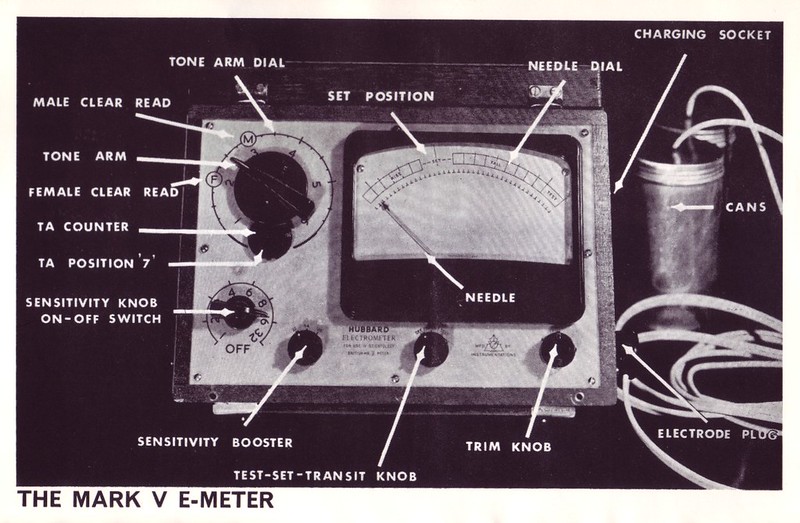
More News
- Scientologists oppose DMCA exemption for E-Meters: Ars Technica reports that a Church of Scientology-affiliated group is seeking to limit right-to-repair legislation, proposing changes to the Digital Millennium Copyright Act (DMCA) exemptions for software-powered devices that require special qualifications or training. The effort is believed to be designed to protect the Church from having to provide access to the software that powers its E-Meters—electronic devices used as part of the Church’s religious services. The amendment, proposed by Author Services LLC, proposes excluding “software-powered devices only purchasable by qualified individuals or governed by specific licenses” from DMCA exemptions. Critics argue that the amendment could hinder broad repair access, making DMCA Section 1201 exemptions ineffective.
- California’s right to repair legislation could save consumers $5 billion: By making it easier to repair- rather than replace home electronics, Californians will save money writes Jen Engstrom the Director of CalPIRG in a recent blog post. A California bill, which is close to passing and recently received a key endorsement from Apple Computer, aims to provide access to repair materials and documentation for consumer electronics and appliances, promoting competition, cost savings, and reducing electronic waste. The bill would ensure access to parts, tools, and documentation for repairing consumer electronics and appliances. By allowing Californians to use any repair shop to access necessary materials, the bill will break the monopoly over repairs and promoting competition among repair businesses, Engstrom wrote.
- Connecticut task force considers wheelchair repair delays: After passing on right to repair legislation for wheelchairs, Connecticut lawmakers set up a task force to study the issue. In addition to health insurance industry red tape, advocates for the disabled pointed to industry consolidation as a major reason for delays. “Two large national wheelchair supply companies now completely control the market for customized wheelchairs in Connecticut, having bought out the small, local companies which used to provide quality service to wheelchair users,” Sheldon Toubman, an attorney with Disability Rights CT, told lawmakers in February.
- The cost of EV repair remains higher than gas-powered vehicles: According to a recent report from Mitchell International. EV repair costs remain higher than gas vehicles, with Tesla’s costs showing a larger differential, and a rising number of US consumers are considering EVs for their next vehicle purchase. Additionally, EVs tend to be non-drivable after accidents at a lower rate than traditional vehicles, but are more likely to be considered non-drivable after rear-end impacts.
- The free and shared goods economy is growing: Driven by platforms like Craigslist, Freecycle Network, and Buy Nothing Project, the shared goods economy is thriving in the United States, offering a sustainable alternative to consumerism and reducing waste by promoting the reuse and sharing of goods within local communities. Buy Nothing, in particular, encourages a gift economy where neighbors can share and lend items, fostering community connections and resilience while tackling the issue of excessive consumption and waste.
- An AirPods Pro mod with a 3D-printed replacement case: Mods like these demonstrate viable alternatives to the original design’s minimal repairability, and that allowing for customization of color and port type is possible. This new design also utilizes screws for easier future repairs.
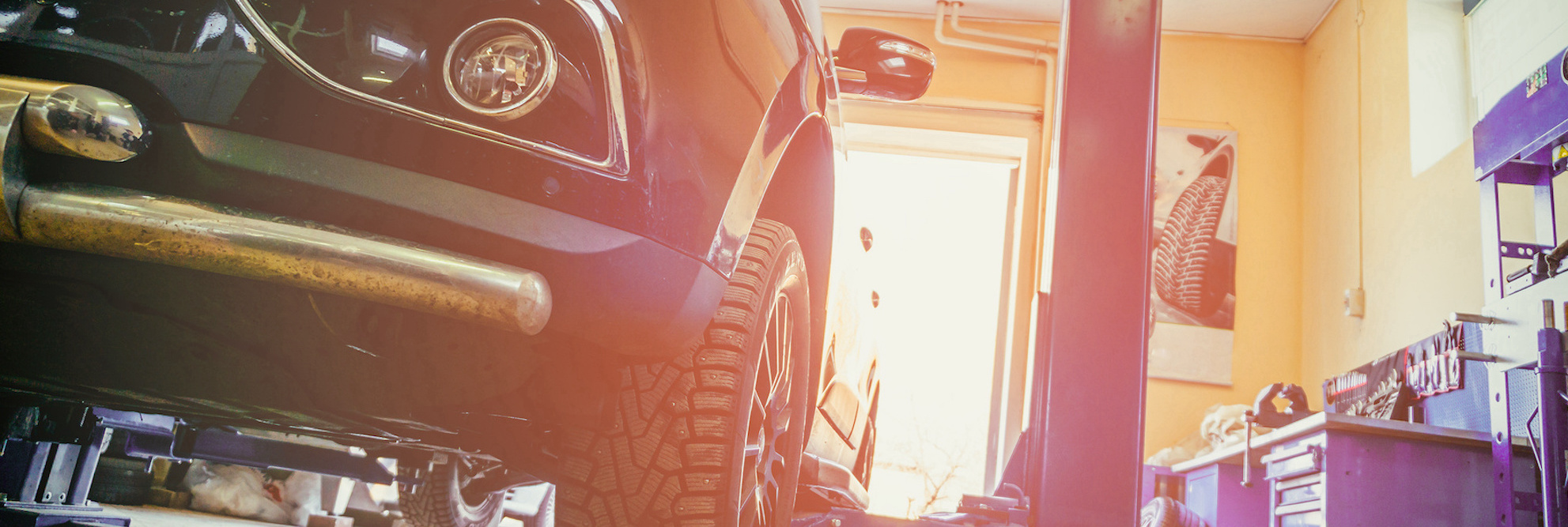

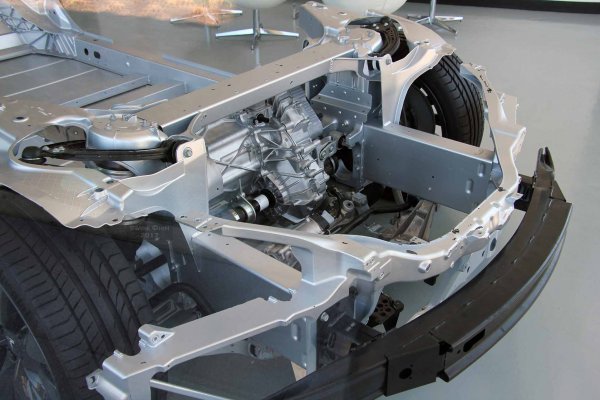
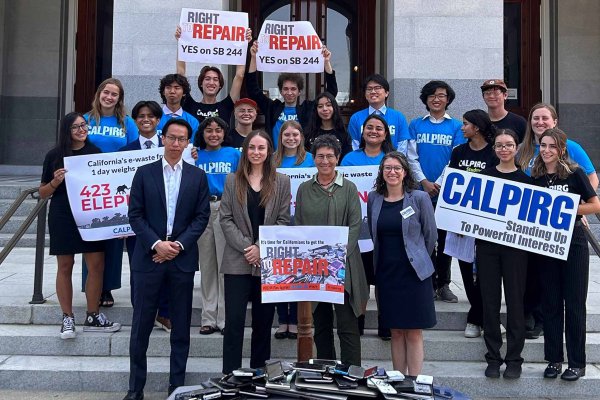
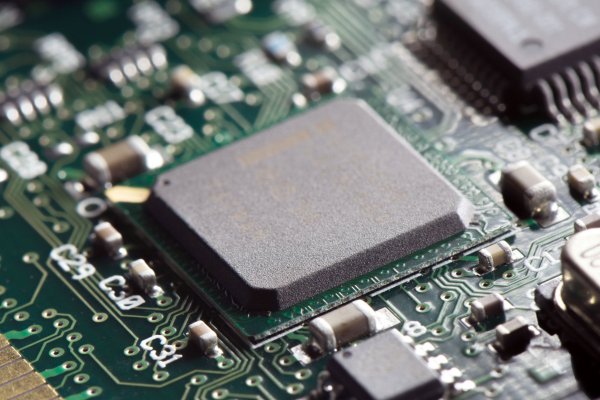
3 Comments
Tesla isn't right to repair, as if you do repair your tesla and they find out you'll be banned from the supercharging network.
kikkawaruku - Reply
So, people are being punished if they work on THEIR OWN VEHICLES THAT THEY PERCHASED!?!? Seriously, I won’t be buying a Tesla in my lifetime. I like to keep my head on my body. ROFL
Bear Dembroski - Reply
EVs, Unsafe at any speed🔥🔥🔥
Dave C - Reply